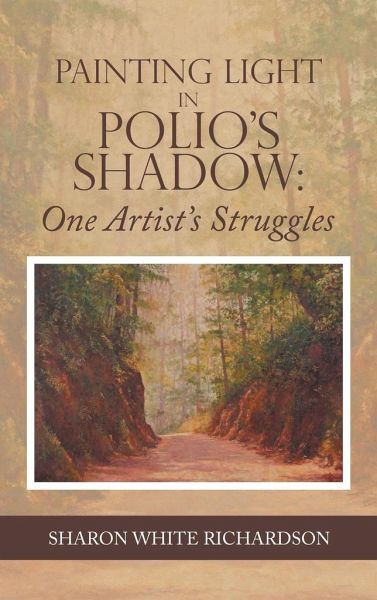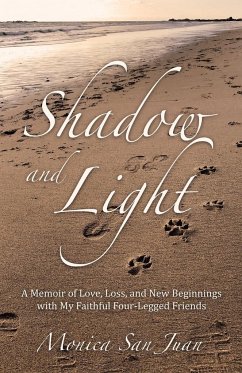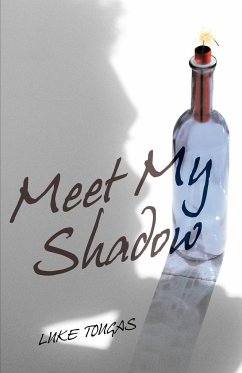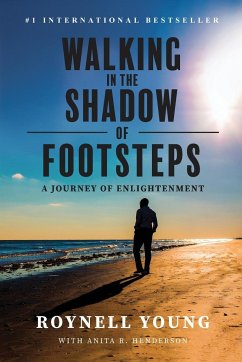
Painting Light in Polio's Shadow
One Artist's Struggles
Versandkostenfrei!
Versandfertig in 1-2 Wochen
34,99 €
inkl. MwSt.
Weitere Ausgaben:

PAYBACK Punkte
17 °P sammeln!
Landscape painter Sharon Richardson survived polio, a viral illness that damages or destroys the nerves essential for moving muscles. With no vaccines available, epidemics occurred unchecked. Also known as infantile paralysis, polio left youngsters crippled and dependent on leg braces, crutches, wheelchairs, and in some cases, iron lungs to breathe for them. Richardson was diagnosed with polio at the age of eight weeks in 1946. In a borrowed car, her parents drove their seriously ill infant, writhing with painful muscle spasms, a hundred miles to Mercy Hospital in Vicksburg, Mississippi. Endur...
Landscape painter Sharon Richardson survived polio, a viral illness that damages or destroys the nerves essential for moving muscles. With no vaccines available, epidemics occurred unchecked. Also known as infantile paralysis, polio left youngsters crippled and dependent on leg braces, crutches, wheelchairs, and in some cases, iron lungs to breathe for them. Richardson was diagnosed with polio at the age of eight weeks in 1946. In a borrowed car, her parents drove their seriously ill infant, writhing with painful muscle spasms, a hundred miles to Mercy Hospital in Vicksburg, Mississippi. Enduring and responding to intense physical therapy treatments, she overcame the paralysis in her limbs and was released after two months. By the 1980s and 1990s, Richardson had established an enviable career with work in galleries and collections across the Southeast. Fifty-six years after recovering from paralysis, she succumbed to the muscle weakening effects of post-polio syndrome (PPS) in 2002. Approximately 25 to 40 percent of polio survivors are affected by PPS, and there is no treatment. She lost muscle strength and control in her legs, torso, and arms. This loss limited walking, increased scoliosis, and in her right arm, severely challenged Richardson's ability to paint. Painting Light in Polio's Shadow: One Artist's Struggles reveals how she coped with PPS setbacks and challenges and how these impediments forced her to make radical changes in her private and professional life. She was determined to do everything necessary to continue painting - which included learning to paint with her nondominant left hand.














